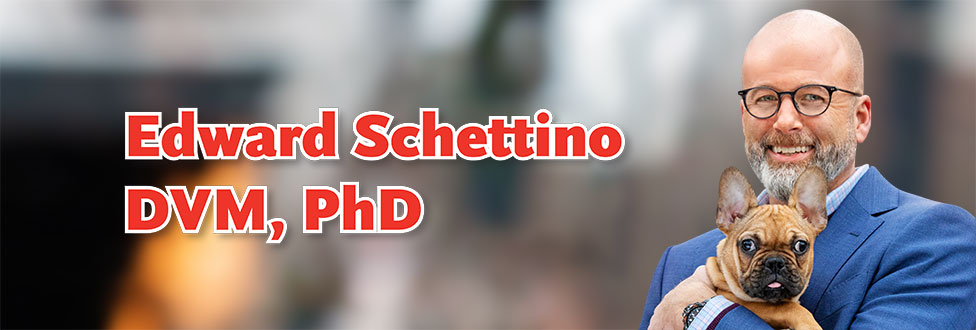ARL Conducts National Animal Cruelty Conversation
Dr. Edward Schettino Presents During AAWA Webinar
While many things in our daily lives have been altered, suspended, or cancelled, the battle to end animal cruelty, neglect, and abuse continues unabated.
This past week, Dr. Edward Schettino, ARL Vice President of Animal Welfare and Veterinary Services, presented a webinar hosted by The Association for Animal Welfare Advancement (AAWA) to discuss the importance of professionals having the tools to not only recognize animal abuse, but who to report it to.
The webinar was attended by more than 100 animal welfare and veterinary professionals from across the country.
Currently, only 16 states, including Massachusetts, categorize veterinarians as mandated reporters of animal cruelty and abuse, while just six states mandate non-veterinarians (typically Animal Control Officers) to report – again, Massachusetts is one of these states.
The information discussed during the webinar will hopefully bring new ideas and action to regions of the country that do not mandate reporting of suspected animal cruelty.
Cruelty Manual
In 2018, a collaborative effort between ARL, Cummings School of Veterinary Medicine at Tufts University, and Animal Folks (MN) resulted in the creation of Reporting Animal Cruelty the Role of the Veterinarian: Establishing Protocols to Identify and Report Suspected Animal Cruelty in Massachusetts.
This manual was at the center of Dr. Schettino’s presentation.
“The manual provides guidance for veterinarians to establish protocols at clinics and practices, and help them really understand why it’s so important to report animal cruelty – even though it’s already mandated in Massachusetts,” said Dr. Schettino during the webinar presentation.
Veterinarians are at the forefront of every day animal care, and the manual covers all aspects of animal cruelty including: veterinarian’s roles and responsibilities and documentation and reporting procedures; overviews of the “link” between animal abuse and human abuse, and current Massachusetts law.
In 2019, ARL also partnered with the Massachusetts Office of Consumer Affairs and Business Regulation (OCABR) Division of Professional Licensure, to include the information during the mandated annual license renewal process for every veterinarian in the Commonwealth.
A Leader in Training
Dr. Schettino’s webinar is just the latest in ARL’s efforts to train those who are in the greatest position to identify and take proper actions to ensure both the safety of the animal and perhaps other members of the household who may also be subjected to violence and abuse.
Over the past year, ARL has conducted training sessions with the Massachusetts State Police, Massachusetts Police Chiefs Association, dozens of local Animal Control Officers, and the Massachusetts Disabilities Commission.
ARL is often the first to respond in instances of animal cruelty or abuse, but we cannot do it alone. Ongoing training for those in law enforcement and other disciplines are vital to combat abuse and advocate for those who cannot advocate for themselves.

